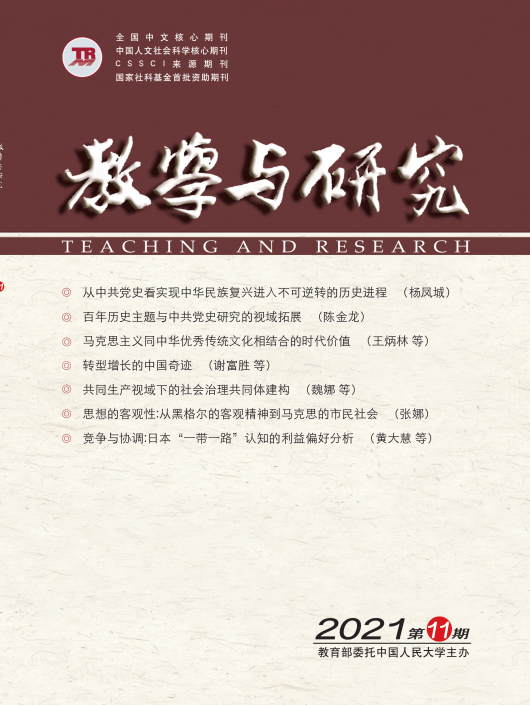From the perspective of national interest preferences, this paper tries to analyze Japan's perceptions of the “Belt & Road Initiative”. The preferences for “relative material gains” and “normsshaped national interests” lead to Japan's competitionbiased perceptions, specifically involving the “threat” of this Initiative to Japan's geopolitical and geoeconomic interests, and the “challenge” to the Western values and international infrastructure construction standards. The “absolute material gains” lead to Japan's coordinationbiased perceptions, mostly reflected in its identification with global institutions, acceptance of regional institutional coordination, and exploration of pragmatic cooperation patterns. Since Biden took office, the US has been advancing the “IndoPacific” strategy with Japan and other countries. Japan's perceptions of the “Belt & Road Initiative” will probably remain the same in the future, i.e. competition will be the dominant perception, which is supplemented by coordination. However, there are still many uncertainties in this regard.



